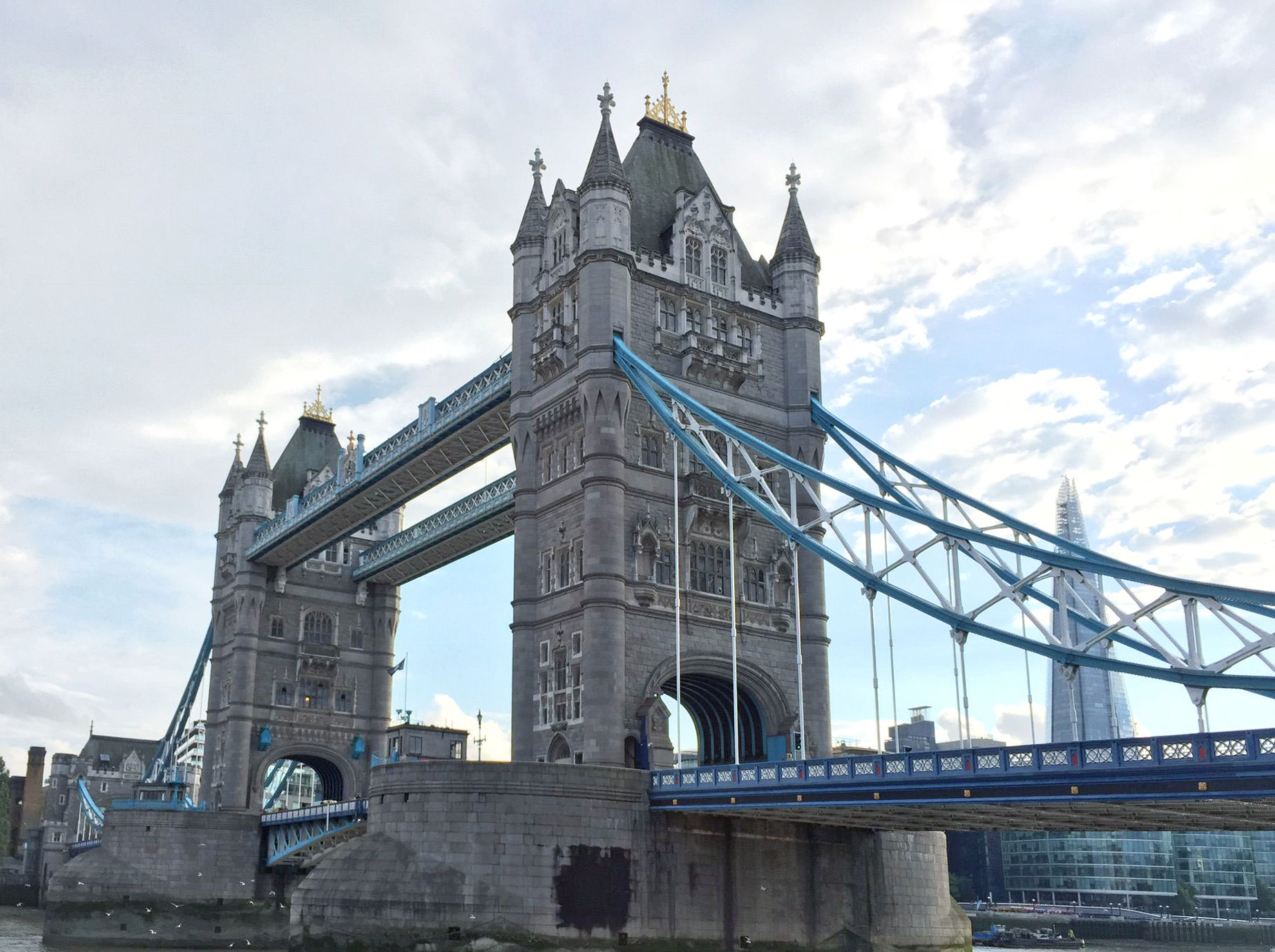Investing in London Real Estate: Opportunities and Challenges

London stands as a global epicenter of finance, culture, and commerce, making its real estate market both alluring and complex for investors. This article delves into the opportunities and challenges that define investing in London's property market today.
1. Prime Locations and High Demand
London boasts some of the most prestigious and sought-after real estate locations globally, such as Mayfair, Kensington, and Chelsea. These areas attract high-net-worth individuals, institutional investors, and international buyers seeking luxury residences and prime commercial spaces.
2. Diverse Investment Options
Investors in London have access to a diverse range of property types, including residential apartments, townhouses, commercial offices, retail spaces, and mixed-use developments. Each sector offers unique opportunities for capital appreciation, rental income, and portfolio diversification.
3. Stable Market Fundamentals
Despite occasional fluctuations, London's real estate market benefits from robust fundamentals, including strong economic growth, a stable legal framework, and transparent property laws. These factors contribute to long-term stability and attractiveness for investors.
4. International Appeal and Global Connectivity
London's global appeal extends beyond its domestic market. The city's status as a financial hub, cultural center, and educational hotspot ensures a steady influx of international demand for property. Investors can capitalize on this global connectivity to maximize rental yields and property values.
5. Challenges to Consider
- High Entry Costs: The premium attached to London properties means significant upfront costs, including stamp duty and legal fees, which can impact investment affordability.
- Market Volatility: London's real estate market is susceptible to external economic factors, political events, and regulatory changes, which can influence investor sentiment and market dynamics.
- Supply Constraints: Limited availability of developable land and stringent planning regulations pose challenges for developers and investors seeking new opportunities in prime locations.
6. Regulatory Landscape
Navigating London's regulatory environment requires diligence and expertise. Investors must stay informed about local planning policies, building regulations, and tax implications to mitigate risks and optimize returns on their investments.
7. Investment Strategies
Successful investment strategies in London real estate often involve thorough market research, strategic partnerships, and a long-term perspective. Diversifying across property sectors and geographic locations within the city can help mitigate risks and capitalize on emerging trends.
Conclusion
Investing in London real estate presents unparalleled opportunities for capital growth and income generation, underpinned by the city's global prominence and economic resilience. However, prospective investors must carefully navigate challenges such as high costs, market volatility, and regulatory complexities.By understanding these dynamics and adopting a proactive approach to investment planning, stakeholders can position themselves to leverage London's dynamic real estate market effectively. Whether seeking residential properties, commercial assets, or mixed-use developments, London continues to be a beacon of opportunity for astute investors worldwide.



